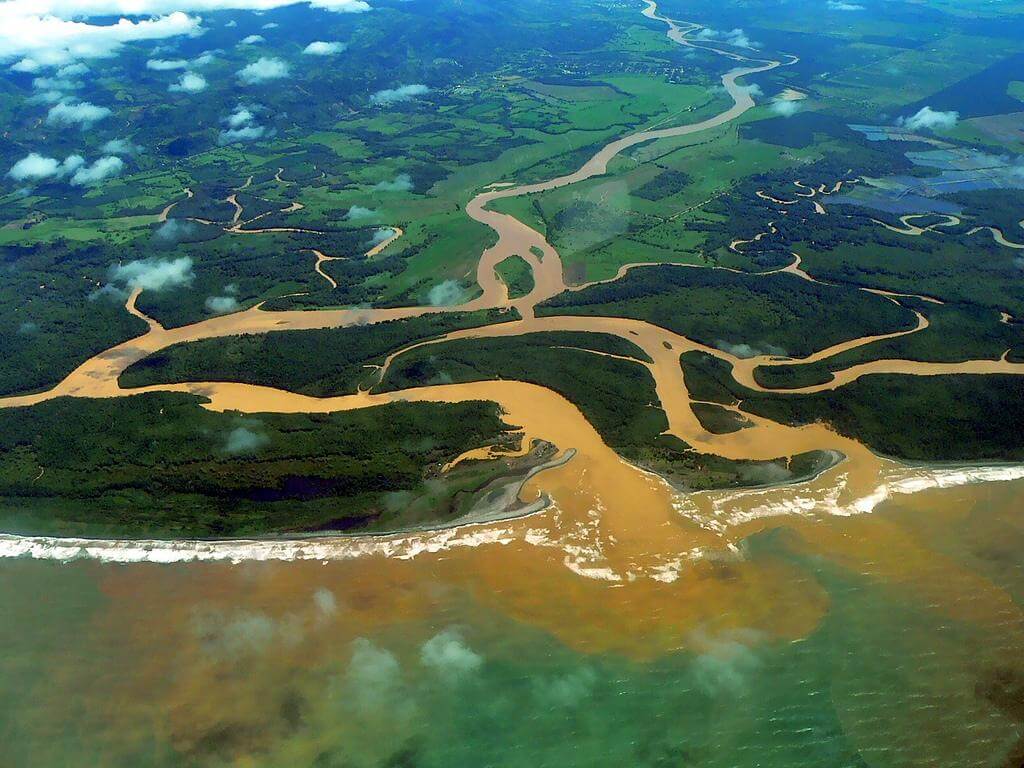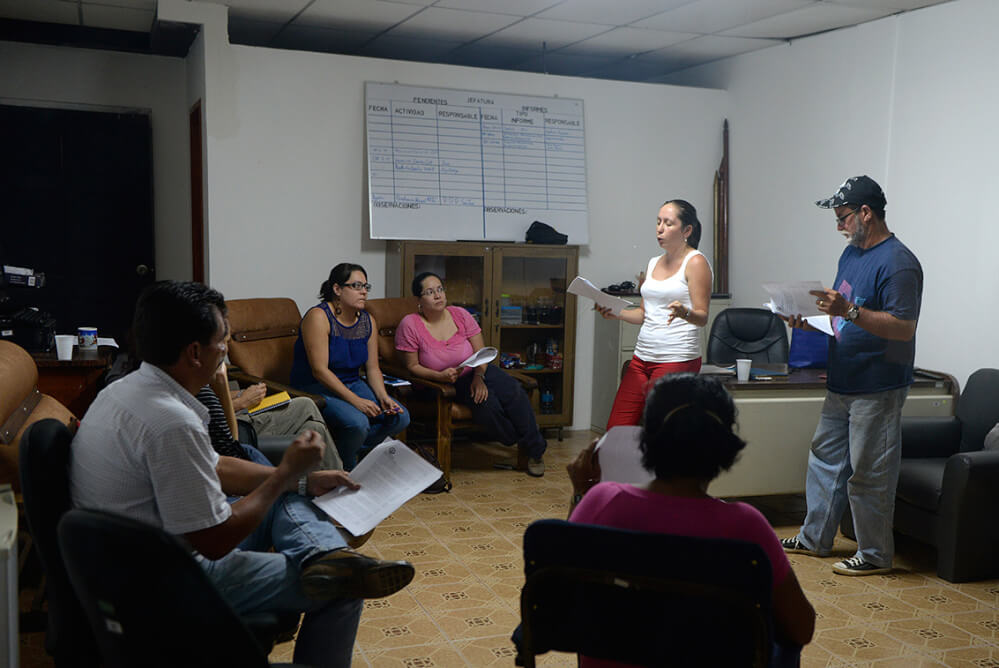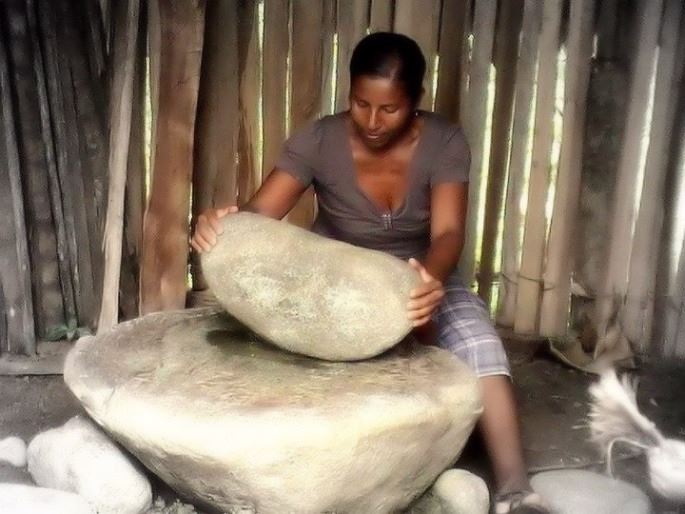In Costa Rica there are 24 indigenous territories, comprising 6.7% of the country’s territory (3,344 km2), at least according to the decrees that created them. According to the National Population Census of 2010, close to 100,000 people are recognized as indigenous, constituting 2.4% of the total Costa Rican population.
Eight distinct indigenous peoples inhabit the country. Seven of them are of Chibchense origin: Huetar in Quitirrisí and Zapatón; Maleku in Guatuso; Bribri in Salitre, Cabagra, Talamanca Bribri and Këköldi; Cabécar in Upper Chirripó, Tayni, Talamanca Cabécar, Telire and China Kichá, Lower Chirripó, Nairi Awari and Ujarrás; Brunca in Boruca, and Curré; Ngöbe in Abrojos Montezuma, Coto Brus, Conte Burica, Altos de San Antonio and Osa; Teribe in Térraba and one of Meso-American origin (Chorotega in Matambú).
In Costa Rica, as in other countries of the Americas, title was granted to indigenous lands without consent. This continues to create conflicts, both within the territories and along its perimeters. These conflicts arise from the occupation of lands by third parties and illegal extraction of natural resources (lumber, animals and water, for example).
The Indigenous Act of 1977 recognized traditional organizations of the indigenous as their representatives. Nonetheless, a regulation imposed a legal construct that bears no resemblance to the traditional structures of power of the indigenous peoples.
International Work Group for Indigenous Affairs, The Indigenous World 2019




